That operator, Coos Bay Rail Link, is not willing to give up. It argues that the port’s request is more than a “plain vanilla” transfer within a corporate structure. It is asking the board to withhold the port’s petition until contractual disputes between port and railroad go to arbitration.
The port’s May 31 petition glosses over a deteriorating relationship between the port and the short line, says Scott Parkinson, president or the railroad’s parent company, ARG Transportation Services of Eugene, Ore.
“It’s troubling that the close partnership CBR enjoyed with the port under previous management has become less transparent and more adversarial,” Parkinson said. “Since the port hired a director of rail operations last year, it has been increasingly evident the port wants to operate the line itself. The management agreement with CBRL is an inconvenient impediment to its plan.”
Parkinson responded in writing to questions. Port officials declined a request to comment for this story.
According to the port website, the port purchased the former Southern Pacific branch line in 2008 after years of neglect. The line runs some 133 miles from Coquille, Ore., to a connection with the Union Pacific near Eugene. More than $24 million in local, state and federal funds have gone to rehabilitate track, bridges, and tunnels. CBRL has operated the port’s railroad since it re-opened in 2011. Its current management agreement runs to 2023.
The port’s petition to the STB, filed on May 31, says “the parent company of CBRL has advised the port that it no longer wishes to operate the line … Under the circumstances, the port has begun to contemplate assuming operation of the line in place of CBRL.”
Not true, Parkinson said. CBRL told the STB on June 19 that it is seeking a buyer for the railroad, but it intends to continue service until a new operator takes over.
“A number of experienced, well-capitalized short line rail operators are interested in purchasing ARG’s operating entities and continuing CBRL operations through the term of its management agreement with the port,” Parkinson said. “We are negotiating with one of those parties.”
The port’s petition also says it sent “CBRL a letter inviting them to cure breach of contract issues.” Those issues take up more than three pages of contract issues that CBRL wants to take to arbitration under the terms of the management agreement. The port and railroad have until July 15 to agree on an arbitrator.
Making matters worse, a century-old swing bridge over Coos Bay broke down on April 13, disrupting rail service and forcing four major shippers to truck their products to a transload site beyond the bridge, Parkinson said. Among the customers are Georgia-Pacific West facility in Coos Bay, and a Roseburg Forest Products plywood plant in Coquille.
“The port was awarded a grant to rehabilitate the bridge in 2008. Rather than use the grant money for its intended purposes, the Port diverted the proceeds in 2009 for other uses,” Parkinson said. “The Port has not informed us of any plans for maintaining the bridge since the diversion of the grant money.”
Short line managers want an accounting of grants the port received from federal and state sources. The short line also demands an accounting of revenue from a port “capital projects surcharge fee” that the short line bills customers. The fee is to go for maintenance of railroad track, bridges and structures. According to the current tariff, customers are charged up to $100 per railcar. Short line managers say that the port has made no capital improvement plans since 2014.
The bridge failure has cost the railroad operating revenue, plus more than $24,000 per month in charges on stranded railcars, and $50,000 to recover a stranded locomotive, according to its arbitration demand.
The bridge, which is normally open, failed to return to the open position on April 13 after being closed for a railroad movement. The port and contractors managed to manually open the span for navigation, according to the Coos Bay World, a local newspaper. Port officials said repairs would take 90 days.
Parkinson said it’s too early to say how much carload traffic the railroad has lost because it’s still working with customers to work out solutions for the truncated rail service. He said there is a possibility that the railroad could permanently lose business to trucks because of the bridge closure.
According to a June 20 update, the newspaper reported that port officials expect that it will cost some $7.5 million to replace the swing bridge mechanism and strengthen structural elements. The port has applied to the Federal Railroad Administration for a $5 million grant under the Consolidated Rail Infrastructure and Safety Improvements program for fiscal 2018.
The bridge was built in 1914 by the American Bridge Co., according to the website bridgehunter.com. The center swing span is 458 feet long, reportedly the largest swing span still operating in North America.
The port says that the Coos Bay railroad moves freight valued at $124 million each year. According to the short line’s petition to the STB, traffic has grown from 194 carloads in 2011 to some 7,200 carloads today. Railway Age named the short line its 2015 Short Line of the Year for its marketing and maintenance efforts.





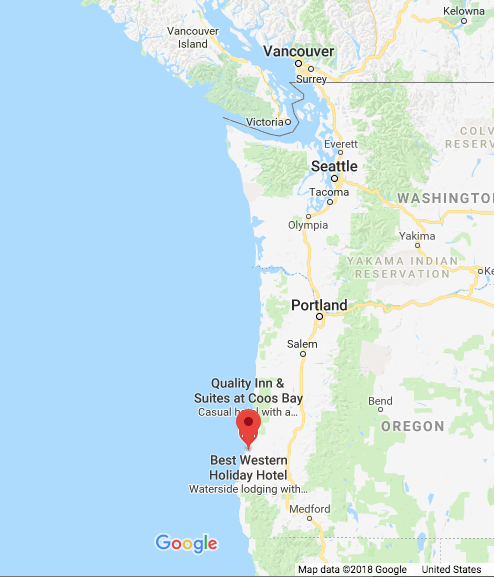

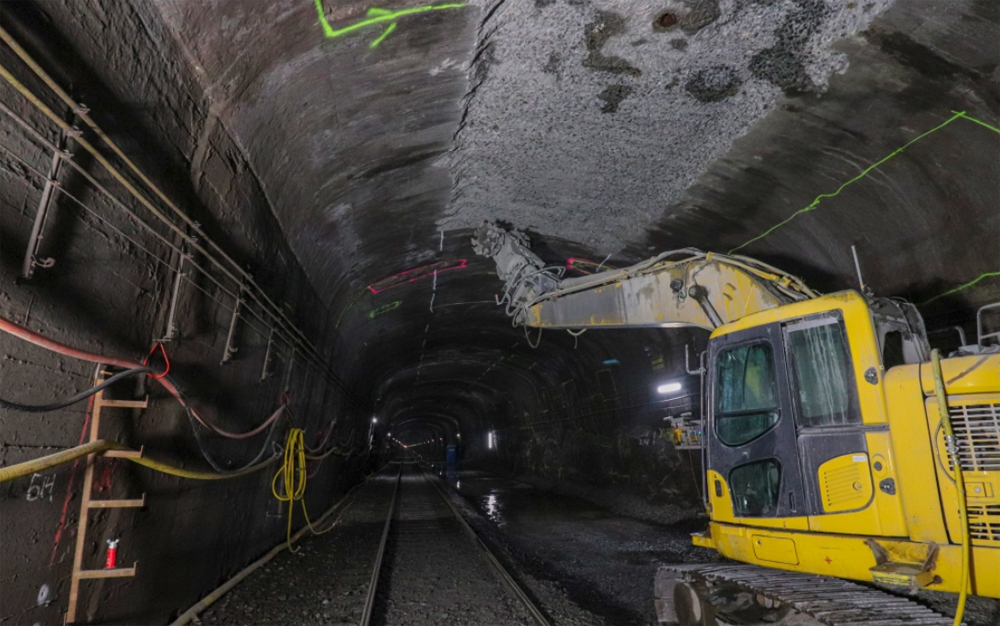
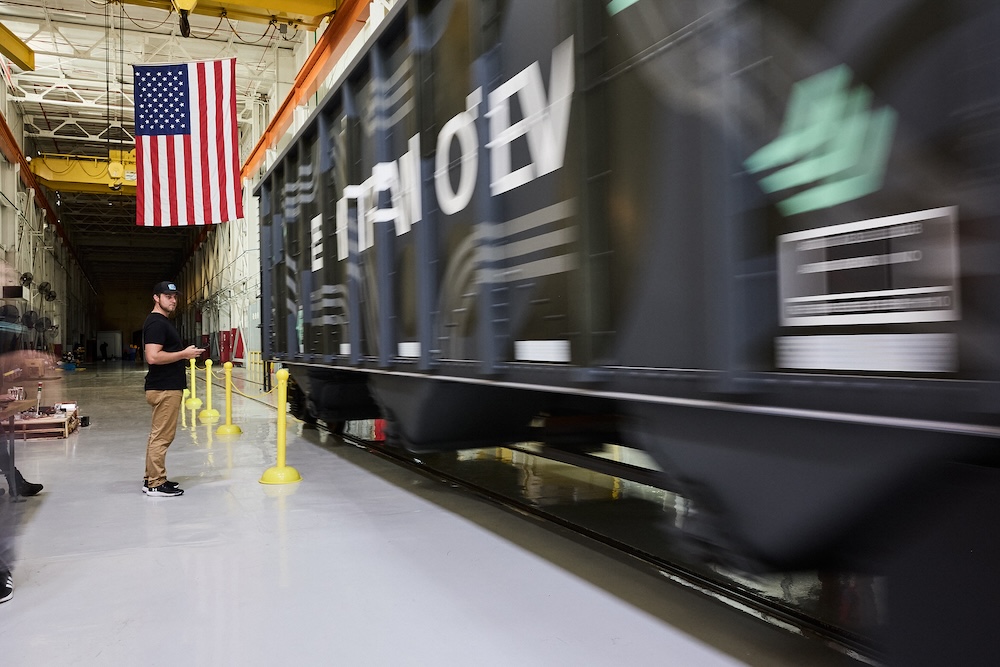
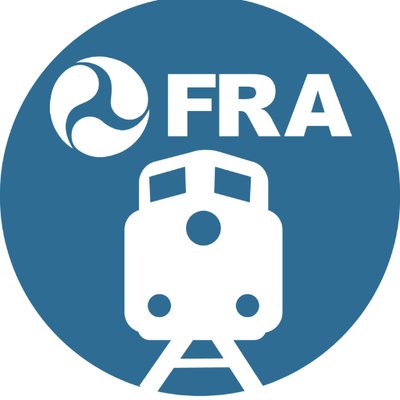
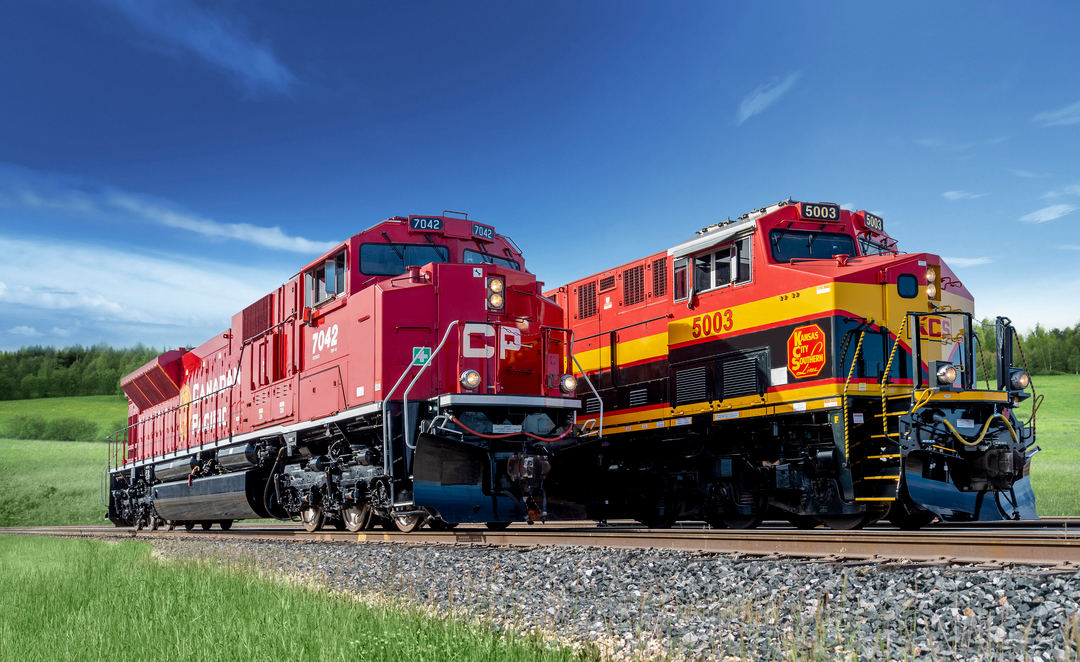
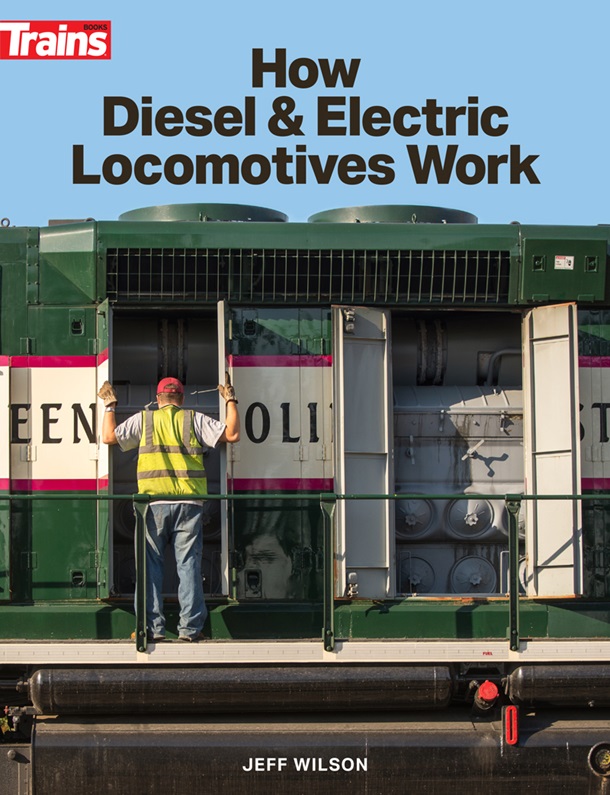
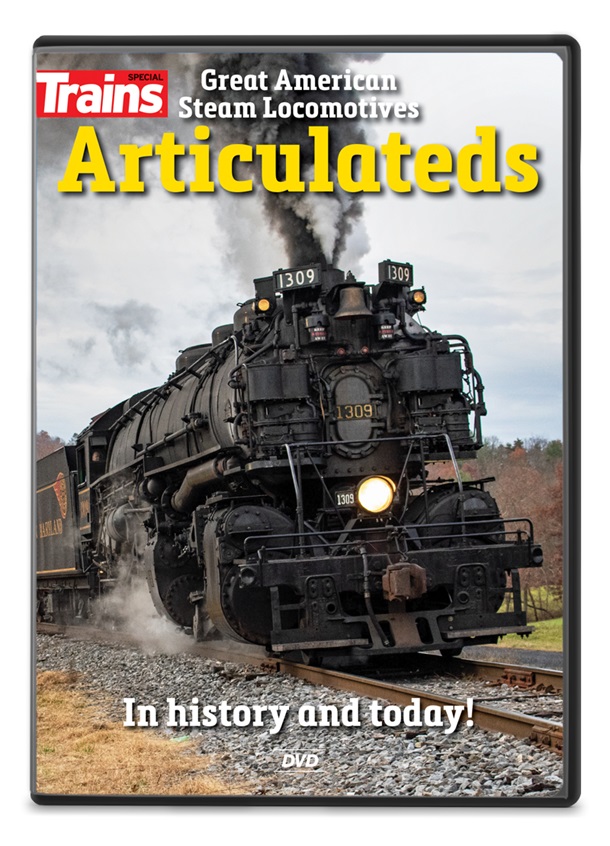
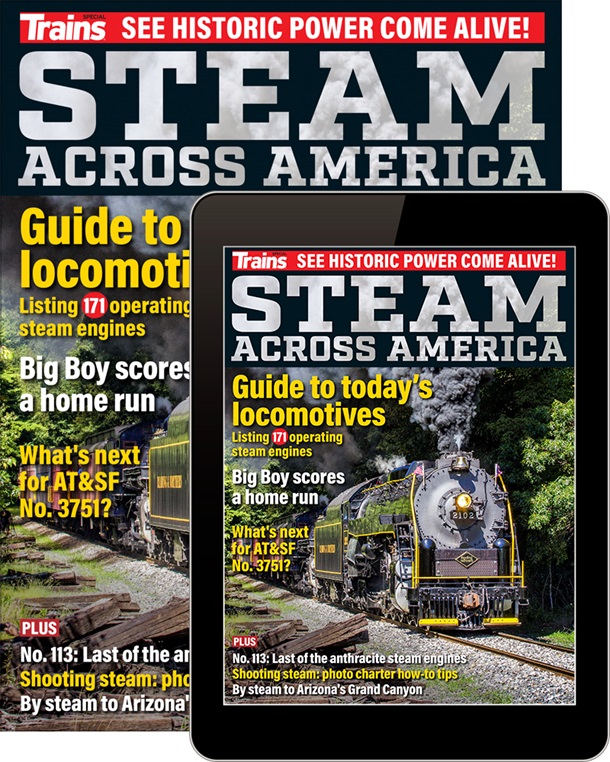
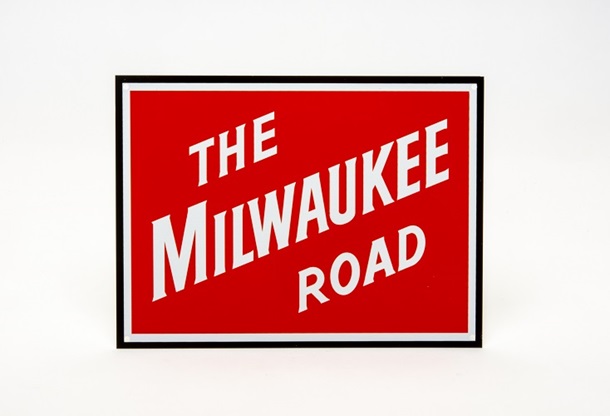
How is it that the port got a grant for one thing but diverted it for another? Sounds unethical and certainly illegal to me.
I assume they are talking about the swing bridge as rail line crosses the bay from the north into town/port. I wonder if the port and railroad would be better off with a barge/float operation at the end of the day. Simply load up the barge with railcars, call up a tug and transfer to the other side of the bay/river when you have the barge filled.
.
On side note, Port of Coos Bay has big plans for a deepening project and a LNG export facility. Not sure if either will happen as the Port is down the list of commercial activity & therefore a cut for federal funding in competing with other ports and believe the LNG export facility requires a new pipeline to approved and built to the coast from inland.